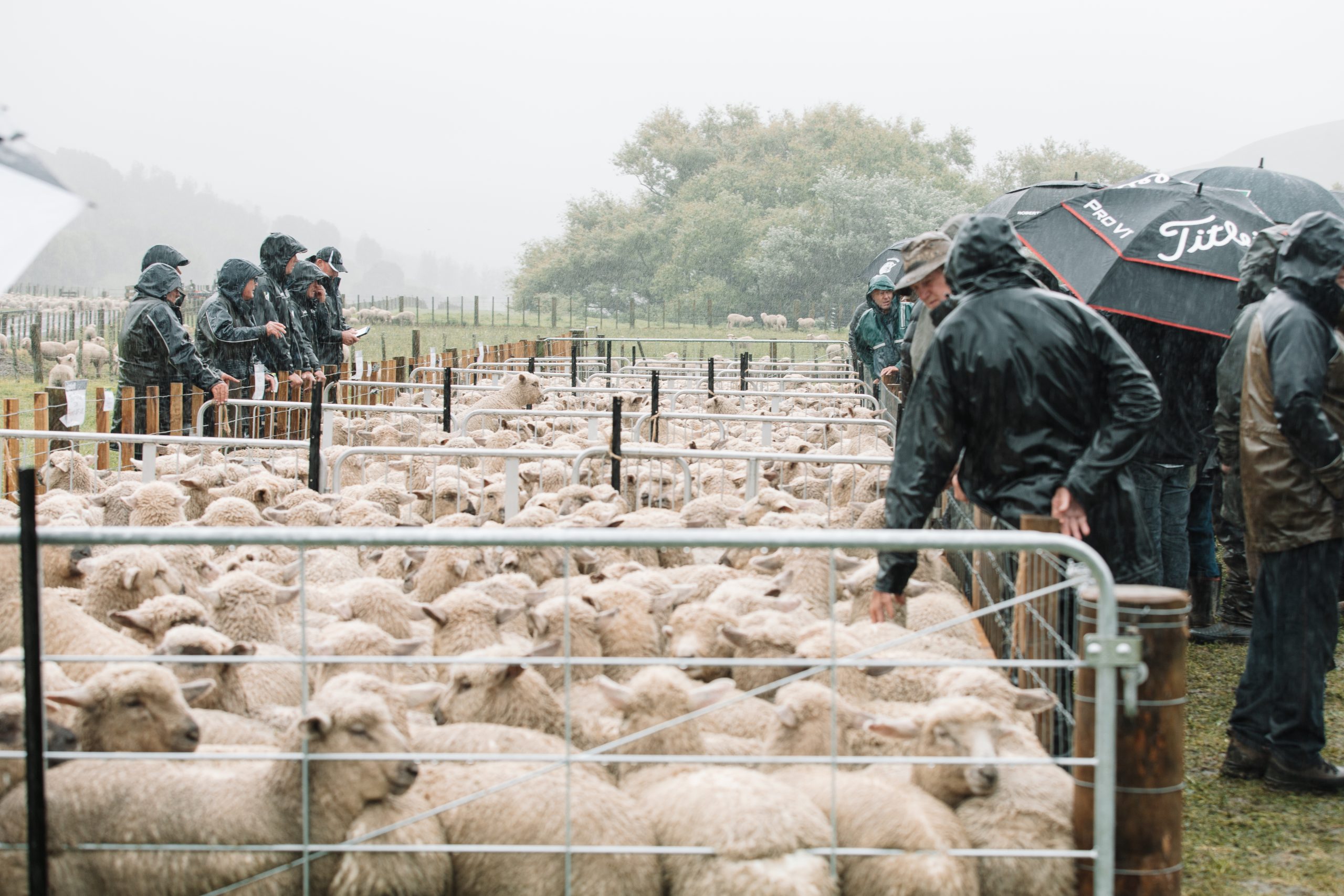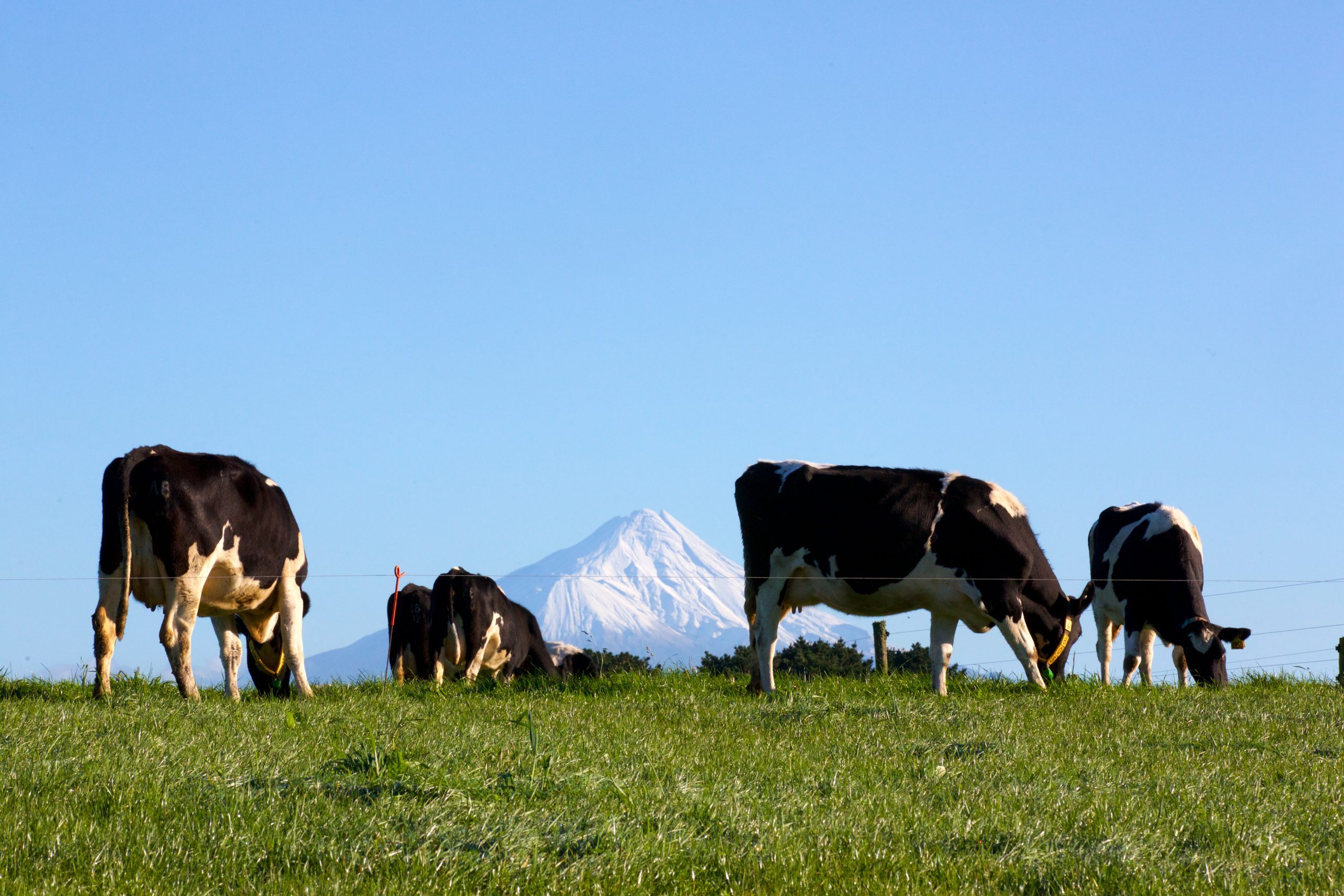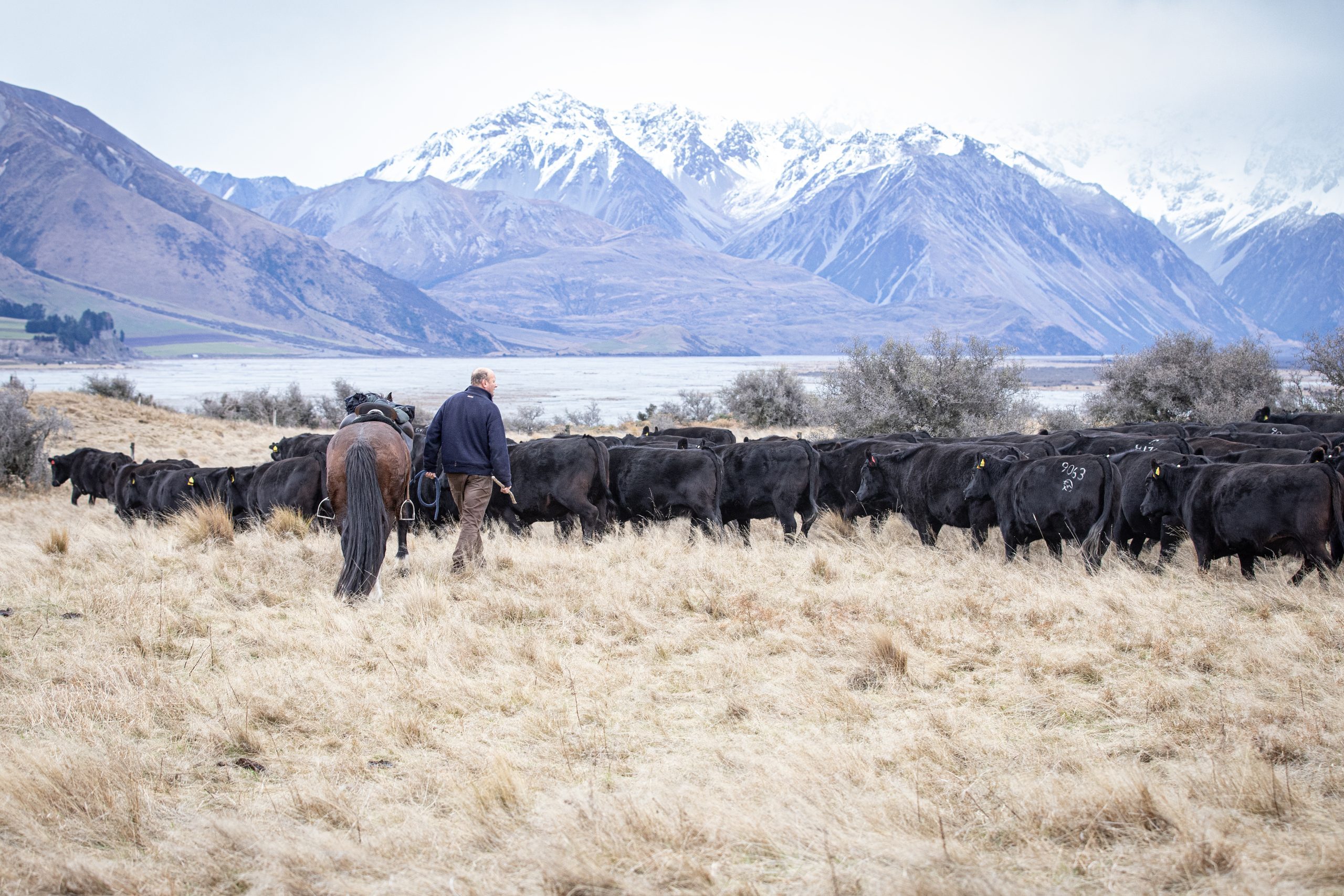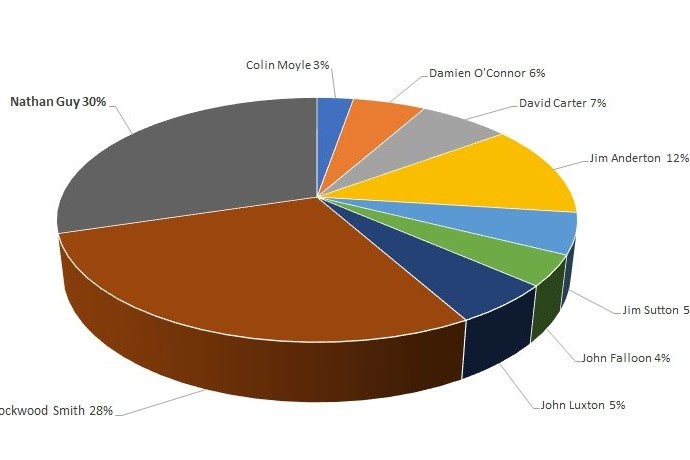The Media Council has ruled the Country-Wide editor’s note and article on the Regenerative Agriculture white paper were unfair and misrepresented the research conducted.
The full Media Council ruling is at https://www.mediacouncil.org.
If there are no red faces in Landcare Research after the Crown research institute’s white paper on regenerative agriculture (RA), there should be.
It is a woeful piece of work which has raised the hackles of top agricultural scientists who have come out swinging (p26).
Reputable scientists say it is nonsense, based on poor research. The paper admits to five hours of searching Google. It is full of anecdotes, opinions and incorrect facts. The lead researcher was Landcare’s Dr Gwen Grelet listed as a soil ecologist. What the paper doesn’t highlight or even appear to mention was Grelet is on the board of Quorum Sense, a trust pushing RA. She acts as a science advisor.
Quorum was granted nearly $2 million recently by MPI to undertake RA extension work even though it appears its people have little or no teaching experience and qualifications.
It’s bad enough Quorum got money from MPI to spread the gospel of RA, but now there is talk of MPI setting up a fund to compare real farming and RA. Scientists say it is a stupid waste of money and resources when there is no science behind most of RA.
Sources say MPI decisions are political, not scientific ones. Why is Minister of Agriculture Damien O’Connor so enamoured with RA?
There is enough science available to show RA won’t work.
RA is on the spectrum between organics and conventional farming. Many RA farmers who don’t use synthesized fertiliser are regarded as close to organics.
Long time superphosphate research which started in the 1980s showed the first three years of stopping the fertiliser made little difference. Then the gap appeared. By 1999, production was down about 25%.
Global studies have shown organics greenhouse gas emissions are higher per kilo of food when compared with real farming. Organic food production was about 40% less.
Landcare’s white paper encourages the use of fish extracts, seaweed, compost and other inputs with little nutritional value. This was all discredited by the Maxicrop liquid fertiliser court case in 1987. Owner, the Bell-Booth Group, sued MAF for defamation after Maxicrop was discredited on the television programme, Fair Go. MAF won both the case and the appeal.
The judge said based on its contents, Maxicrop could not work. He also said based on MAF’s empirical field evidence, it did not work.





